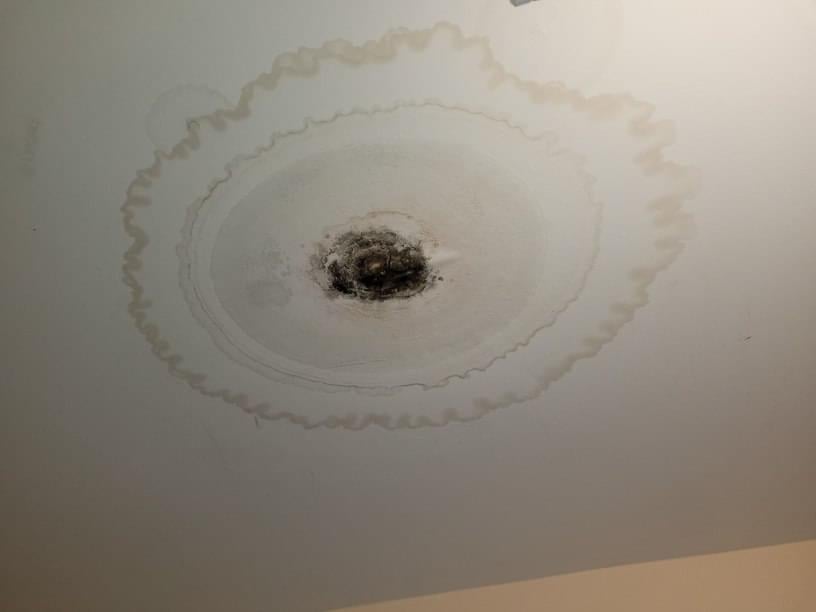How to Check If Your Home Has a Hidden Leak
How to Check If Your Home Has a Hidden Leak
Blog Article
What're your insights and beliefs on Locating water leaks?

Early detection of dripping water lines can alleviate a potential catastrophe. Some tiny water leaks might not be noticeable.
1. Examine the Water Meter
Every house has a water meter. Inspecting it is a surefire way that aids you uncover leakages. For beginners, switch off all the water sources. Make sure no person will certainly purge, use the tap, shower, run the cleaning maker or dishwashing machine. From there, go to the meter as well as watch if it will certainly alter. Because no person is utilizing it, there should be no activities. That suggests a fast-moving leak if it moves. If you identify no modifications, wait a hr or two and also examine back once again. This implies you might have a slow-moving leak that could also be below ground.
2. Examine Water Usage
Evaluate your water costs as well as track your water intake. As the one paying it, you must discover if there are any kind of inconsistencies. If you detect sudden changes, despite your intake coinciding, it suggests that you have leakages in your plumbing system. Bear in mind, your water costs must fall under the exact same array every month. A sudden spike in your bill suggests a fast-moving leak.
A consistent boost every month, also with the exact same behaviors, shows you have a sluggish leak that's likewise gradually rising. Call a plumber to thoroughly check your property, particularly if you really feel a warm location on your flooring with piping underneath.
3. Do a Food Coloring Examination
When it comes to water intake, 30% comes from commodes. If the shade somehow infiltrates your bowl throughout that time without flushing, there's a leak between the storage tank as well as dish.
4. Asses Exterior Lines
Don't neglect to examine your outdoor water lines too. Needs to water seep out of the link, you have a loose rubber gasket. One small leakage can waste bunches of water and also surge your water bill.
5. Evaluate the scenario and examine
Homeowners need to make it a routine to check under the sink counters and even inside closets for any bad odor or mold and mildew growth. These 2 warnings show a leak so prompt attention is required. Doing routine evaluations, even bi-annually, can conserve you from a major problem.
Examine for discolorations and also weakening as most pipes and also home appliances have a life span. If you think leaking water lines in your plumbing system, do not wait for it to escalate.
Early detection of dripping water lines can reduce a potential catastrophe. Some little water leakages might not be noticeable. Examining it is a proven method that helps you uncover leakages. One small leakage can waste bunches of water as well as increase your water bill.
If you suspect dripping water lines in your plumbing system, do not wait for it to escalate.
5 Signs that Your Home Has a Hidden Leak
Your water bill is unusually high without explanation
Generally, your water bill tends to stay consistent throughout the year as long as the same number of people live in your household year round. The bill might be higher during certain times of the year, such as summer, when your lawn may require more watering than it does in cooler months. However, if you notice a rise in your water bill that you can’t explain, it’s an indicator that there’s a hidden leak somewhere in your home.
You hear running water
One of the biggest signs that you have a water leak is the sound of rushing water when no plumbing fixtures are on and when no water-using appliances are running. If you hear running water in your walls when no water is being used anywhere in your home, locate your home’s main water shut-off valve, shut off your water supply, and contact a plumber at once.
Your home smells musty
Hidden leaks often occur in dark spaces, such as behind walls or under carpeting. Incidentally, darkness and moisture can create an ideal breeding environment for mold or mildew. If you start to smell mildew or the scent of rotting wood or stagnant water around your home, it’s a fair bet that a leak is the culprit.
You find wet spots around your home
The wet spots usually show up as moist areas in your carpeting. If your home has a basement level, puddles on the floor could indicate a slab leak. Outside, unexplainable puddles or lush, green patches in your yard often mean that there’s a leak in your sewer line or main water line.
You have stains, bubbles, or condensation on your walls/ceiling
Stains or condensation on your walls or ceiling are both major signs of a hidden leak. Also, drywall (AKA. sheetrock) is very absorbent, and as it takes on more water from a leak behind a wall, it will start to bubble, swell, or warp. If you see this happening in your home, don’t wait to contact a plumber before the water damage spreads.
https://www.ezflowplumbingaz.com/blog/2019/june/5-signs-that-your-home-has-a-hidden-leak/

We were made aware of that report on Hacks to detect leaks from a friend on another site. Please take the opportunity to share this post if you appreciated it. Bless you for your time. Visit again soon.
Report this page